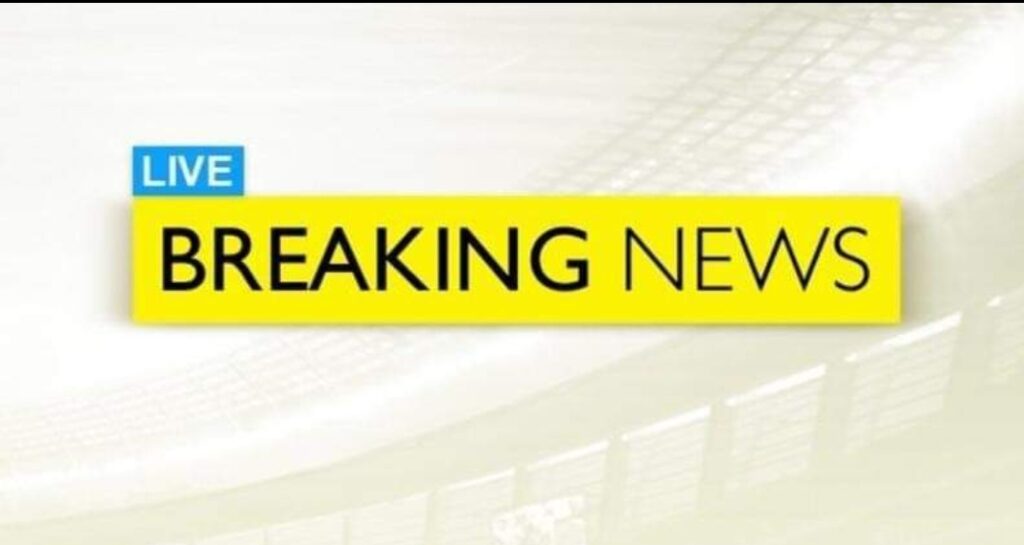Manchester United may have scored three goals at Wembley on Sunday evening, but their performance tells a much darker story when you dig deeper into the numbers. In terms of expected goals (xG), United rank a disappointing 12th in the Premier League, with a total of just 50.36. To put this into perspective, they are even behind clubs like Everton, a team struggling to stave off relegation. This statistical deficiency highlights a glaring issue in United’s attacking play—despite moments of brilliance, they are consistently underperforming in key offensive metrics.
This troubling lack of creativity in front of goal is only one part of the bigger picture. Substitutions, often a tactical window into a manager’s thinking, have also come under scrutiny. Just before Coventry began their remarkable comeback, Erik ten Hag made a decision that many would question. He chose to substitute the young and energetic Alejandro Garnacho, replacing him with Antony, who has been far from convincing in recent matches. At 3-1, Ten Hag made yet another controversial substitution, bringing off promising talent Kobbie Mainoo and replacing him with the aging Christian Eriksen. This decision raised eyebrows, as it seemed to signal a conservative approach, sacrificing two of the team’s most vibrant players in favor of more experienced but slower options.
For a club of Manchester United’s stature, maintaining a two-goal lead at such a crucial moment should have been straightforward. Yet, these decisions suggested that Ten Hag was more concerned with closing out the game than building on their advantage. The Dutch manager’s choice to withdraw two of the most dynamic players this season revealed a deeper issue in his tactical philosophy—a willingness to retreat rather than press on when in control of a match.
Even more perplexing was Ten Hag’s decision-making during extra time. With United now on the back foot, he introduced Omari Forson and Amad Diallo, two players with the potential to make an impact. However, the timing of these changes was questionable, as the damage had already been done by the time they entered the field. It was a case of too little, too late.
Ten Hag had already been under mounting pressure before this extraordinary clash at Wembley, but now the intensity of criticism has reached new heights. The scrutiny is relentless, and for many, this match may have been the breaking point. Pundits, fans, and journalists alike have not held back in their assessments of the manager’s performance. Samuel Luckhurst of the Manchester Evening News, in a scathing review, awarded Ten Hag a shocking 1/10 rating for his handling of the semi-final. While some might argue that such harsh criticism is unwarranted, it speaks volumes about the dissatisfaction surrounding the Dutchman’s leadership.
The reality is becoming clearer with each passing game—Manchester United are falling further behind the Premier League’s elite clubs. The gap between United and the likes of Manchester City, Arsenal, and Liverpool is growing wider, both in terms of points and performance. Every misstep, every questionable substitution, and every tactical blunder only deepens the sense that Ten Hag’s time at the helm may be nearing its end.
As the pressure mounts, the question remains: can Erik ten Hag turn things around, or is this the beginning of the end for his tenure at Manchester United? With the club’s ambitions of returning to the top of English football looking increasingly distant, it seems that only drastic changes will halt their decline. The clock is ticking, and the future of one of the world’s most storied football clubs hangs in the balance.
